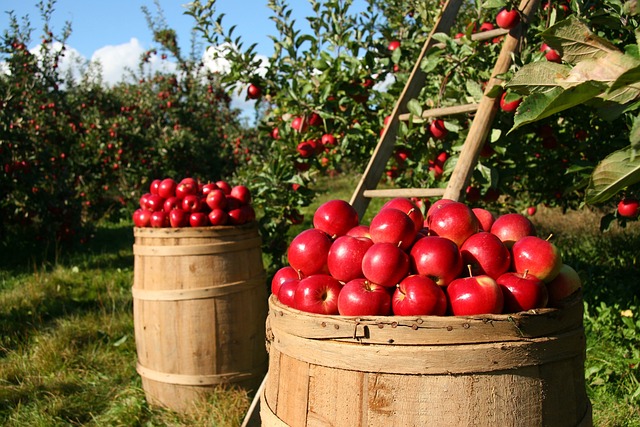A Journey Into Probiotics: Exploring the Wonders of Gut Microbes
What are Probiotics?
Probiotics are living microorganisms that provide health benefits when consumed in adequate amounts. They are
often referred to as “friendly bacteria” or “good bacteria.” These beneficial microbes naturally reside in
our gut and contribute to the overall balance of our intestinal flora.
The Role of Gut Microbes in Human Health
Our gut is home to trillions of microorganisms, including both beneficial and harmful bacteria. The balance
between these microbes plays a crucial role in maintaining our overall health and well-being. A healthy gut
flora can support proper digestion, enhance nutrient absorption, boost the immune system, and even affect
our mental health.
The Benefits of Probiotics
Consuming probiotics can have numerous positive effects on our health. Some of the benefits associated with
probiotics include:
- Improved Digestion: Probiotics help break down food, aiding in digestion and preventing
common digestive issues like bloating, gas, and constipation. - Boosted Immune System: Certain strains of probiotics can strengthen the immune system,
reducing the risk of infections and allergies. - Management of Antibiotic-related Side Effects: Probiotics can help alleviate the
gastrointestinal side effects associated with antibiotic use. - Mental Health Support: Emerging research suggests that gut microbes can influence brain
function, potentially improving mental health conditions such as depression and anxiety. - Healthy Skin: Probiotics may help maintain a healthy complexion by reducing skin
inflammation and promoting skin barrier function.
Sources of Probiotics
Probiotics can be found in various fermented foods and supplements. Some common sources of probiotics
include:
- Yogurt: Yogurt is perhaps the most well-known probiotic-rich food. Look for options
that contain live and active cultures. - Kefir: Similar to yogurt, kefir is a fermented milk drink that contains a blend of
probiotic strains. - Sauerkraut: Made from fermented cabbage, sauerkraut is a natural source of probiotics.
- Kombucha: Kombucha is a fermented tea beverage that is often consumed for its probiotic
properties. - Kimchi: Kimchi, a traditional Korean side dish made from fermented vegetables, is
packed with probiotics.
Choosing the Right Probiotic Supplement
If obtaining probiotics through food sources is challenging, or if you are looking for a more concentrated
dose, probiotic supplements can be a convenient alternative. When selecting a probiotic supplement, consider
the following factors:
- Strain Diversity: Look for a supplement that offers a variety of probiotic strains to
ensure you get a wide spectrum of benefits. - CFU Count: CFU stands for colony forming units, which indicates the number of viable
bacteria in each serving. Higher CFU counts can provide a more potent probiotic effect. - Potency at Expiration Date: Ensure the label indicates the potency of the probiotics at
the expiration date rather than the time of manufacturing. - Survivability: Check if the supplement has a protective coating or other technology
that ensures the bacteria survive stomach acid and make it to the intestines. - Quality and Reputation: Choose supplements from reputable brands that have undergone
third-party testing for quality and purity.
Conclusion
<







